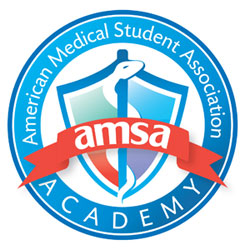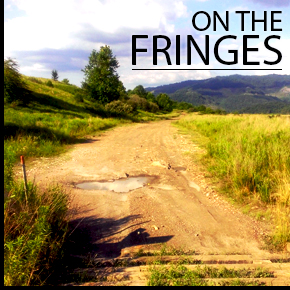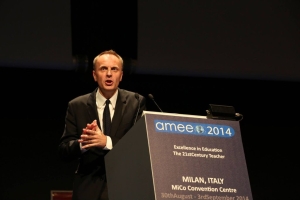Leading the Change in the Culture of Medicine: Breaking Ground at AMSA Training Grounds
On November 22, several hundred premedical and medical students gathered at the Northwestern University Feinberg School of Medicine for the American Medical Student Association (AMSA) Training Grounds. It was the second Training Grounds sponsored by AMSA this fall, with the topic of “Leading the Change in the Culture of Medicine.” Although a popular topic being addressed throughout all of medical education, Dr. Jeff Koetje, AMSA’s Education and Research Director, clarified that AMSA Training Grounds is unique. “These conferences provide a safe place for students to learn about these topics away from their home institution,” Dr. Koetje said. “Students can come here and discover that they are not alone.”







